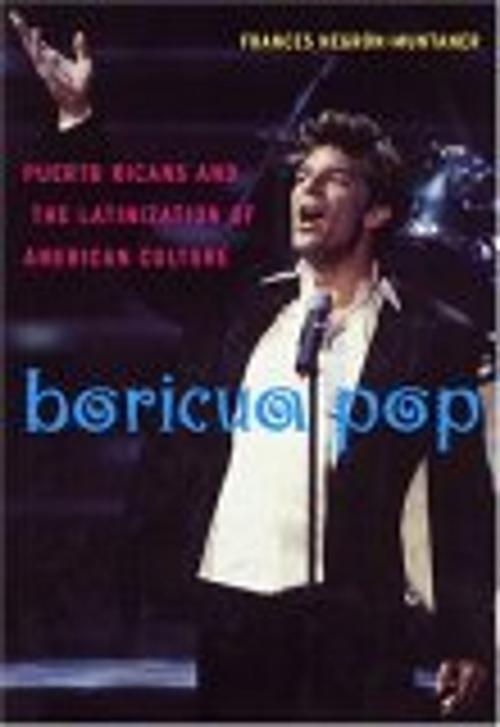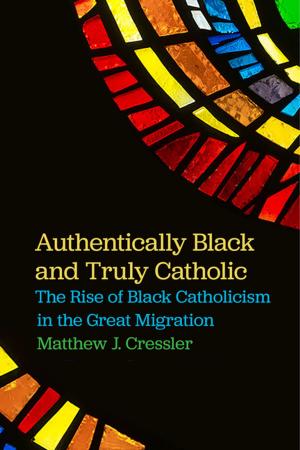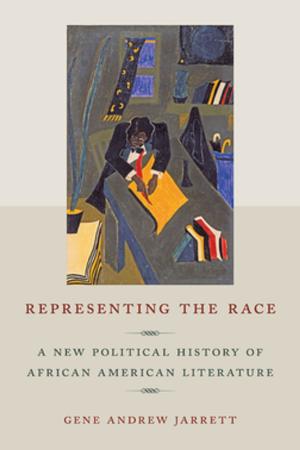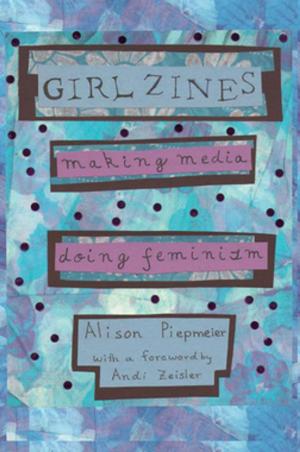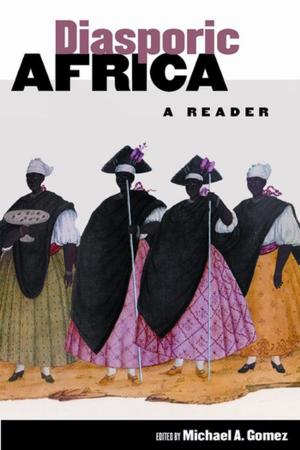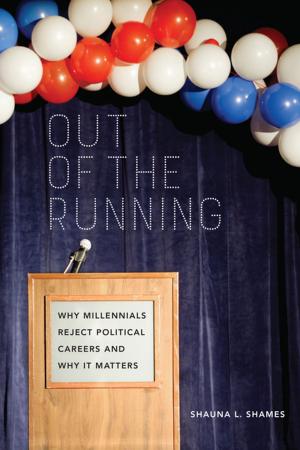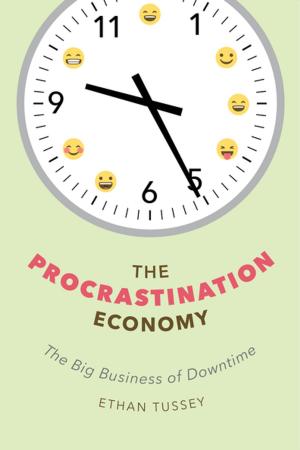Boricua Pop
Puerto Ricans and the Latinization of American Culture
Nonfiction, Social & Cultural Studies, Social Science, Cultural Studies, Ethnic Studies, Health & Well Being, Psychology| Author: | Frances Negrón-Muntaner | ISBN: | 9780814758786 |
| Publisher: | NYU Press | Publication: | June 1, 2004 |
| Imprint: | NYU Press | Language: | English |
| Author: | Frances Negrón-Muntaner |
| ISBN: | 9780814758786 |
| Publisher: | NYU Press |
| Publication: | June 1, 2004 |
| Imprint: | NYU Press |
| Language: | English |
Boricua Pop is the first book solely devoted to Puerto Rican visibility, cultural impact, and identity formation in the U.S. and at home. Frances Negrón-Muntaner explores everything from the beloved American musical West Side Story to the phenomenon of singer/actress/ fashion designer Jennifer Lopez, from the faux historical chronicle Seva to the creation of Puerto Rican Barbie, from novelist Rosario Ferré to performer Holly Woodlawn, and from painter provocateur Andy Warhol to the seemingly overnight success story of Ricky Martin. Negrón-Muntaner traces some of the many possible itineraries of exchange between American and Puerto Rican cultures, including the commodification of Puerto Rican cultural practices such as voguing, graffiti, and the Latinization of pop music. Drawing from literature, film, painting, and popular culture, and including both the normative and the odd, the canonized authors and the misfits, the island and its diaspora, Boricua Pop is a fascinating blend of low life and high culture: a highly original, challenging, and lucid new work by one of our most talented cultural critics.
Boricua Pop is the first book solely devoted to Puerto Rican visibility, cultural impact, and identity formation in the U.S. and at home. Frances Negrón-Muntaner explores everything from the beloved American musical West Side Story to the phenomenon of singer/actress/ fashion designer Jennifer Lopez, from the faux historical chronicle Seva to the creation of Puerto Rican Barbie, from novelist Rosario Ferré to performer Holly Woodlawn, and from painter provocateur Andy Warhol to the seemingly overnight success story of Ricky Martin. Negrón-Muntaner traces some of the many possible itineraries of exchange between American and Puerto Rican cultures, including the commodification of Puerto Rican cultural practices such as voguing, graffiti, and the Latinization of pop music. Drawing from literature, film, painting, and popular culture, and including both the normative and the odd, the canonized authors and the misfits, the island and its diaspora, Boricua Pop is a fascinating blend of low life and high culture: a highly original, challenging, and lucid new work by one of our most talented cultural critics.
